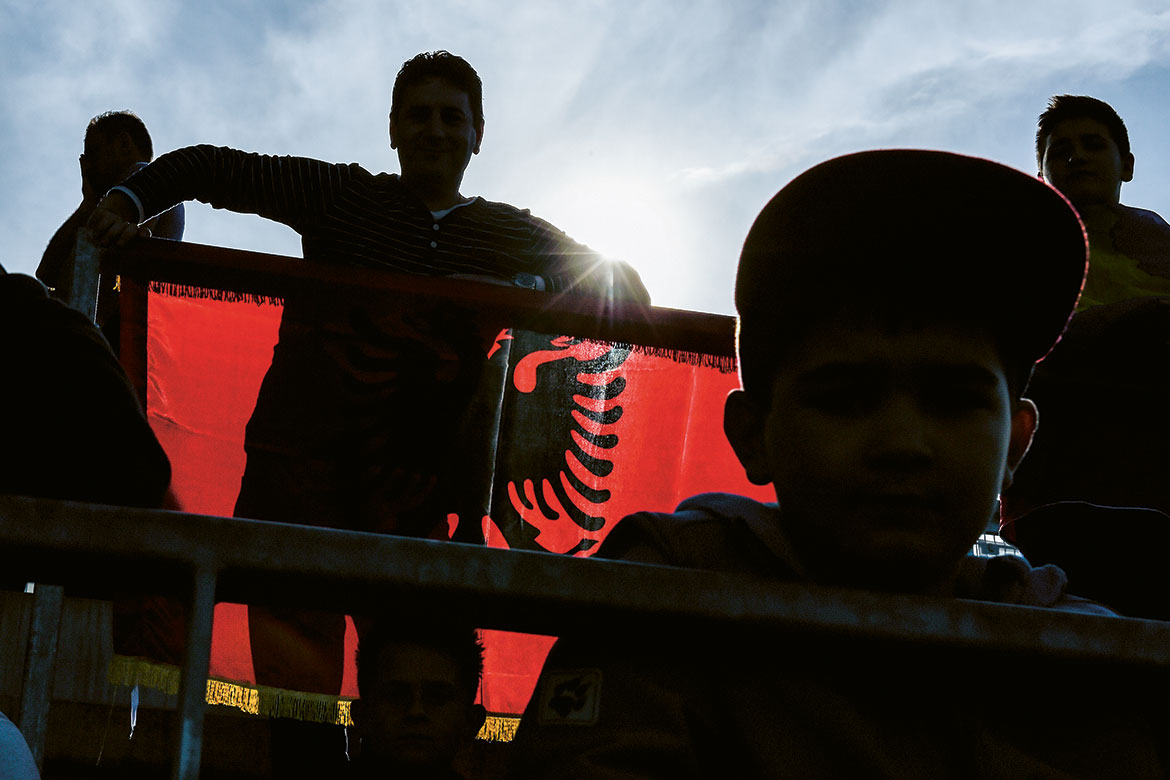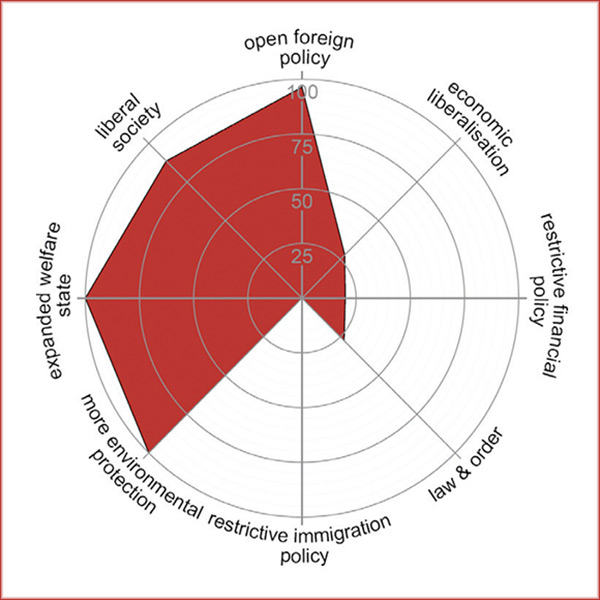When minorities fight for their rights
Kosovo-Albanian minorities in Switzerland and Roma in Bulgaria: the one group cares little about its ethnicity so long as it’s well integrated, whereas the other still cares a lot.

The more the members of the Kosovo-Albanian minority identify with Switzerland, the less committed they are to their own ethnic group. | Image: Keystone / Gian Ehrenzeller
Up to now, social scientists have been convinced that when members of a disadvantaged minority identify more with the majority, then this weakens their commitment to their own ethnic group. Adrienne Giroud of the University of Lausanne has discovered the opposite to be the case during her doctoral research. Roma living in Bulgaria are more active in promoting the interests of their ethnic group when they actually identify strongly with their Bulgarian nationality. “We initially didn’t know how to interpret these results”, she says.
In a second part of her research, Giroud interviewed members of the Kosovo-Albanian minority in Switzerland. Here, she returned very different results. The more the Kosovo-Albanian immigrants identify with Switzerland, the less committed they are to their own ethnic group. Giroud used a mixed-methods approach. This involved evaluating both quantitative data, and qualitative data from interviews. Written questionnaires were filled out by 320 Roma in Bulgaria and 154 Kosovo-Albanian immigrants in Switzerland, while 10 Roma in Bulgaria were also interviewed in person.
According to Giroud, “dual identities are a more complex topic than has always been assumed. They depend very much on how ethnic and national identities are defined in different national contexts”. But the attitude of the host states towards their minorities is very important. In future, says Giroud, we should pay closer attention to the unique circumstances of ethnic/national dual identities in order to understand minorities better.




